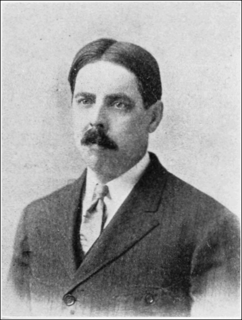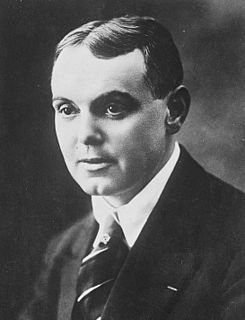A Quote by Seneca the Younger
Related Quotes
When we consider the close connection between science and industrial development on the one hand, and between literary and aesthetic cultivation and an aristocratic social organization on the other, we get light on the opposition between technical scientific studies and refining literary studies. We have before us the need of overcoming this separation in education if society is to be truly democratic.
Life rises out of death, death rises out of life; in being opposite they yearn to each other, they give birth to each other and are forever reborn. And with them, all is reborn, the flower of the apple tree, the light of the stars. In life is death. In death is rebirth. What then is life without death? Life unchanging, everlasting, eternal?-What is it but death-death without rebirth?
Laughter. Yes, laughter is the Zen attitude towards death and towards life too, because life and death are not separate. Whatsoever is your attitude towards life will be your attitude towards death, because death comes as the ultimate flowering of life. Life exists for death. Life exists through death. Without death there will be no life at all. Death is not the end but the culmination, the crescendo. Death is not the enemy it is the friend. It makes life possible.
Death is the door from the superficial life, the so-called life, the trivial. There is a door. If you pass through the door you reach another life - deeper, eternal, without death, deathless. So from so-called life, which is really nothing but dying, one has to pass through the door of death; only then does one achieve a life that is really existential and active - without death in it.
The greatest field of photography, for the literary interpretation of life, consists, to my mind, in its latent power to create, as it were, death for a single second. Any thing or person is, at will, made to die for a moment of time so immeasurably small that the return to life is effected without consciousness of the great adventure. (1928)
If I had my life over again I should form the habit of nightly composing myself to thoughts of death. I would practise, as it were, the remembrance of death. There is no other practice which so intensifies life. Death, when it approaches, ought not to take one by surprise. It should be part of the full expectancy of life. Without an ever-present sense of death life is insipid.
We are left with nothing but death, the irreducible fact of our own mortality. Death after a long illness we can accept with resignation. Even accidental death we can ascribe to fate. But for a man to die of no apparent cause, for a man to die simply because he is a man, brings us so close to the invisible boundary between life and death that we no longer know which side we are on. Life becomes death, and it is as if this death has owned this life all along. Death without warning. Which is to say: life stops. And it can stop at any moment.
Meditation upon death does not teach one how to die; it does not make the departure more easy, but ease is not what I seek. Beloved boy, so willful and brooding, your sacrifice will have enriched not my life but my death. ... Centuries as yet unborn within the dark womb of time would pass by thousands over that tomb without restoring life to him, but likewise without adding to his death, and without changing the fact that he had been.
The man who has lived his life totally, intensely, passionately, without any fear - without any fear that has been created in you by the priests for centuries and centuries - if a person lives his life without any fear, authentically, spontaneously, death will not create any fear in him, not at all. In fact, death will come as a great rest. Death will come as the ultimate flowering of life. He will be able to enjoy death too; he will be able to celebrate death too.
Birth leads to death, death precedes birth. So if you want to see life as it really is, it is rounded on both the sides by death. Death is the beginning and death is again the end, and life is just the illusion in between. You feel alive between two deaths; the passage joining one death to another you call life. Buddha says this is not life. This life is dukkha - misery. This life is death.




































